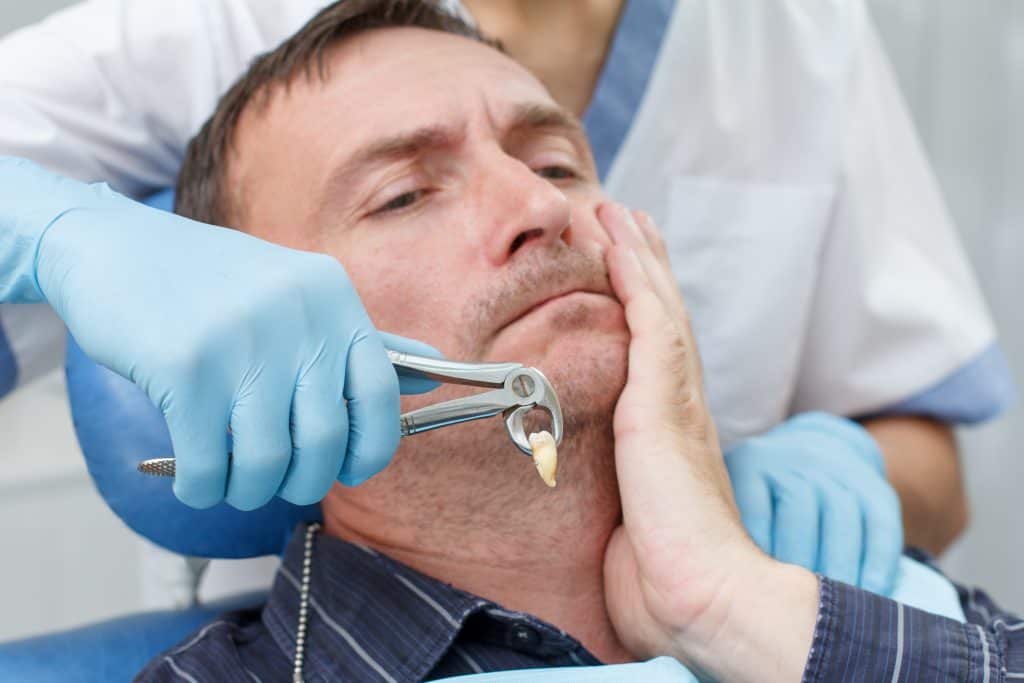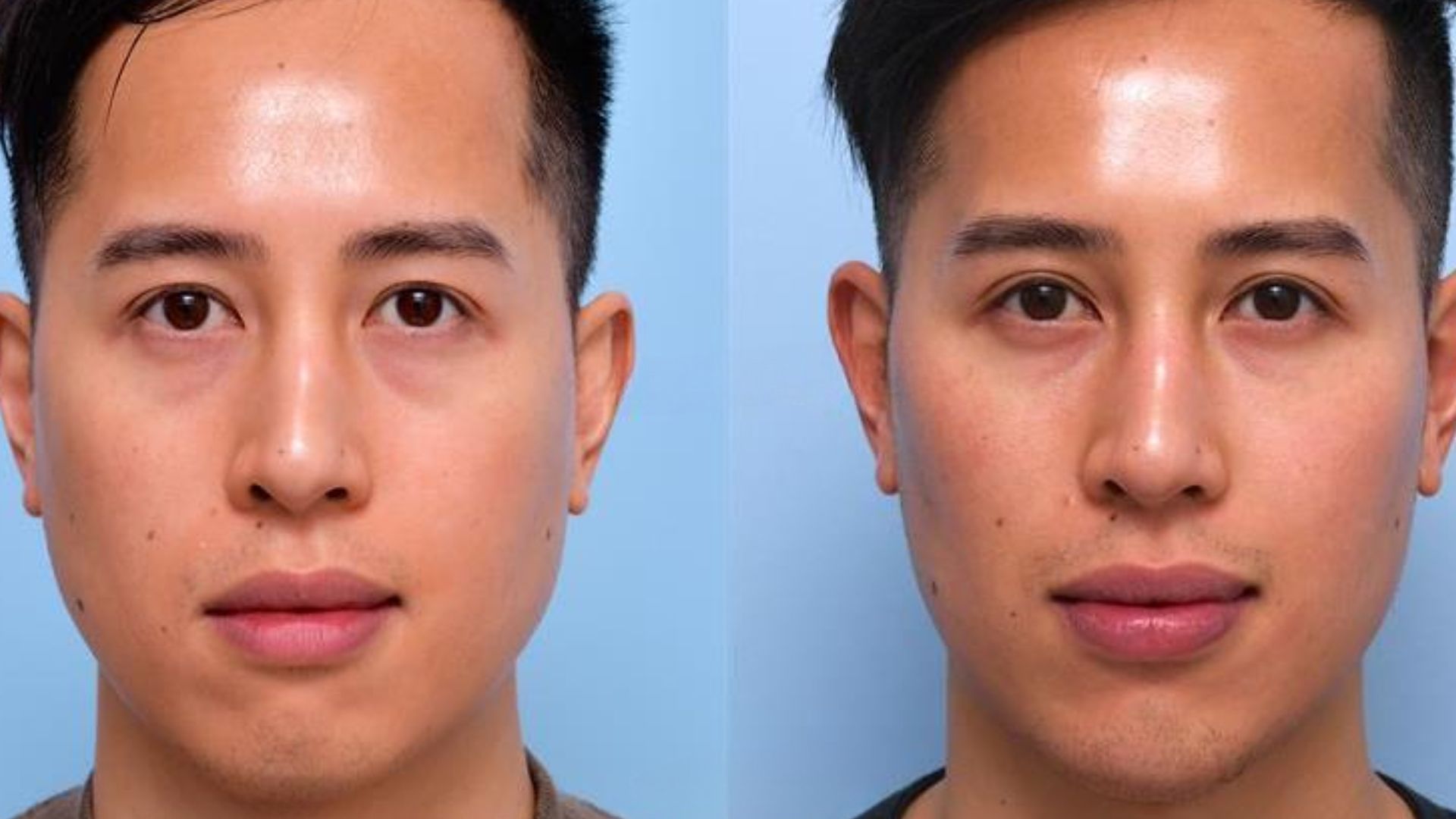Understanding the Process of Wisdom Teeth Removal Aspendale: An In-depth Introduction
Discovering Different Sedation Options for a Comfortable Wisdom Pearly Whites Removal Experience
The use of sedation throughout such procedures has actually become increasingly common to alleviate anxiety and discomfort. With a range of sedation alternatives readily available, from regional anesthesia to basic anesthetic, each method offers differing degrees of relaxation and discomfort control.
Local Anesthesia
Neighborhood anesthetic is a commonly utilized method for numbing details locations of the mouth throughout knowledge teeth removal treatments. By administering a regional anesthetic, such as lidocaine, a dentist can ensure that the client stays comfy and pain-free throughout the removal process.
One of the main benefits of neighborhood anesthesia is its targeted numbing impact, which suggests that just the particular location being dealt with is influenced. This local approach lessens the risk of systemic adverse effects and enables a quicker recuperation post-procedure. Additionally, regional anesthesia is thought about to be a regular and secure technique in dental care, with minimal risks involved when carried out by a trained expert.
Nitrous Oxide
Nitrous oxide, generally understood as giggling gas, is a kind of sedation typically made use of in dental care to assist individuals loosen up during oral procedures. This sedation option permits the patient to remain conscious and receptive throughout the procedure while feeling at simplicity and comfy.
Additionally, nitrous oxide is known for its fast recuperation time. When the mask is gotten rid of, the impacts of the gas diminish swiftly, enabling clients to resume their normal tasks without sticking around sedative effects. This makes nitrous oxide a convenient selection for those that require to drive themselves home after the oral appointment. Furthermore, laughing gas appropriates for clients of all ages, making it a versatile sedation choice for wisdom teeth extractions and other dental procedures.
Oral Sedation
Dental sedation, a pharmacological approach used in dentistry, entails the management of sedative drugs by mouth to induce an unwinded state during oral treatments. The medications recommended for oral sedation belong to a class of drugs called benzodiazepines, which have sedative, anxiolytic, and amnesic homes.
Unlike intravenous sedation, dental sedation does not require shots or needles, making it a much more comfortable choice for individuals with a worry of needles. Furthermore, dental sedation is considered effective and risk-free when carried out by qualified dental specialists.
IV Sedation
Administered intravenously by skilled doctor, IV sedation is a powerful technique made use of to induce a controlled state of deep relaxation and unconsciousness during oral treatments. Unlike oral sedation, which can be unforeseeable in its effects, IV sedation permits precise control over the degree of sedation, making it a perfect selection for complicated procedures like knowledge teeth extractions.
Throughout IV sedation, a sedative drug is provided straight into the blood stream through a vein, permitting it to work swiftly and efficiently. This technique makes sure that the patient remains comfortable and unaware of the treatment while still keeping essential features such as breathing and heart rate.
One of the main benefits of IV sedation is its ability to supply a much deeper degree of sedation contrasted to other techniques, making it specifically appropriate for clients with high degrees of anxiousness or those undergoing considerable oral work (wisdom teeth removal aspendale). Additionally, the impacts of IV sedation commonly wear away gradually after the treatment, minimizing the probability of grogginess or remaining adverse effects. Overall, IV sedation provides a reliable and risk-free alternative for ensuring a comfy and hassle-free experience throughout wisdom teeth removal

General Anesthesia
Having reviewed the benefits of IV sedation for knowledge teeth removal, the usage of general anesthesia offers an alternative choice for clients needing a deeper level of unconsciousness during oral treatments. General anesthesia induces a controlled state of unconsciousness, ensuring the patient feels no discomfort or discomfort during the extraction process. This method is specifically useful for people with severe oral anxiousness, complex surgical requirements, or those undergoing multiple removals concurrently.
General anesthetic is administered by a skilled anesthesiologist that closely keeps track of the individual's essential indications throughout the treatment. It involves the use of intravenous drugs or inhaled gases to over here induce a state of unconsciousness. While under basic anesthetic, the patient will not be conscious of the surgery, experience any type of pain, or have any type of recollection of the treatment later.
Although basic anesthetic is safe when administered by visite site qualified experts, it brings a somewhat greater threat compared to other sedation options - wisdom teeth removal aspendale. Individuals thinking about general anesthetic for knowledge teeth removal should go over the potential dangers and advantages with their dental practitioner or dental specialist to make an informed decision based on their specific demands and case history

Verdict
In conclusion, numerous sedation alternatives are readily available to ensure a comfy knowledge teeth removal experience. Local anesthesia is commonly utilized for numbing the details location, while nitrous oxide gives relaxation and pain alleviation. Dental sedation and IV sedation offer deeper degrees of relaxation, depending upon the client's requirements. General anesthetic can be made use of for extra complex instances. It is crucial to talk to your dental expert or oral doctor to establish the most suitable sedation choice for your procedure.
Nitrous oxide is ideal for clients of all ages, making it a functional sedation option for knowledge teeth extractions and various other oral procedures.
